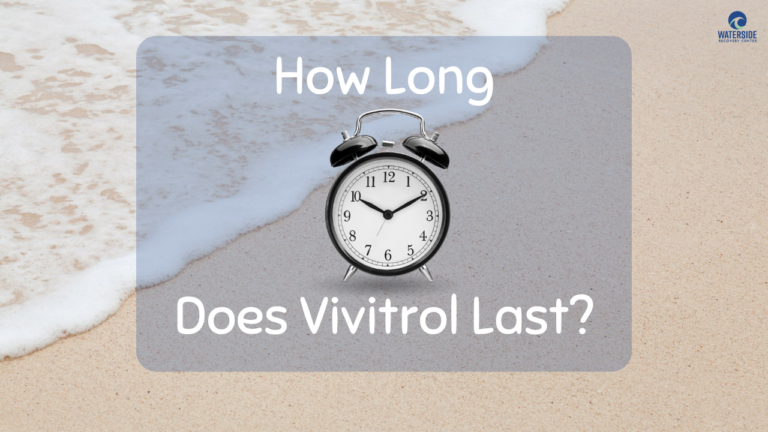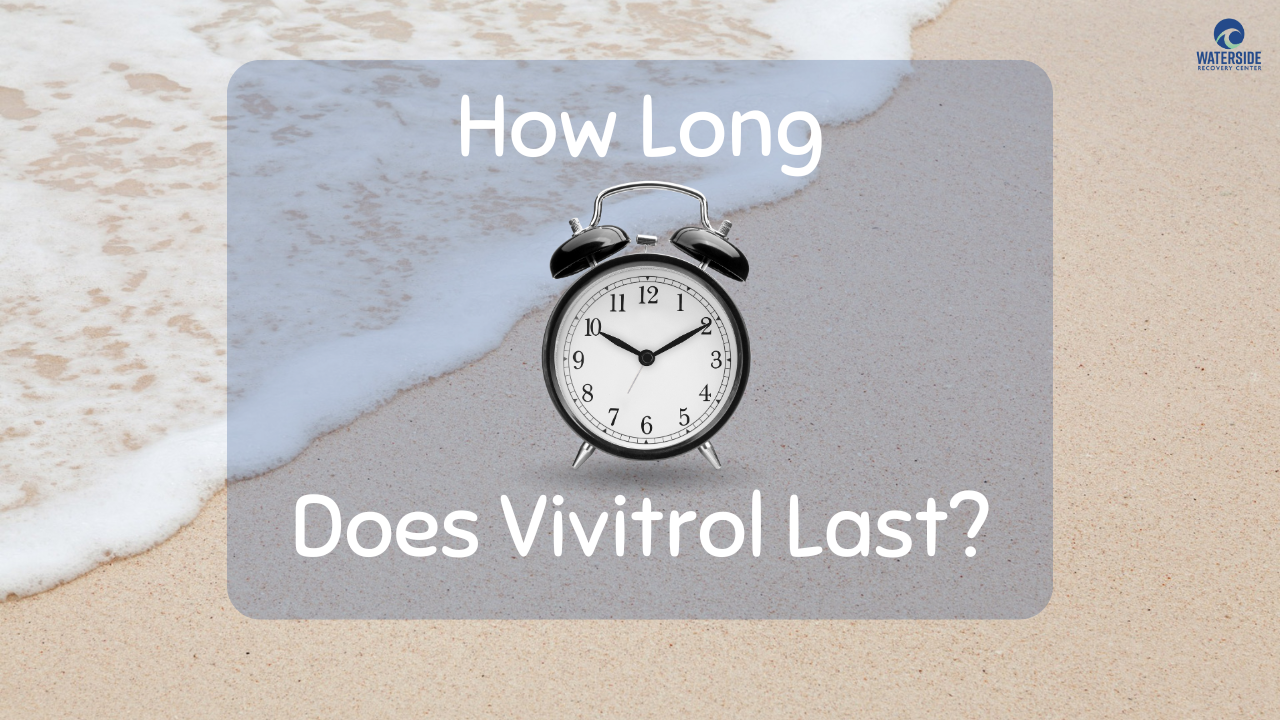
How Long Does Vivitrol Last: Duration of Action and Factors Affecting Its Effectiveness
Vivitrol is a medication that is used to treat alcohol and opioid dependence. It is an extended-release injection that contains naltrexone, which blocks the effects of opioids and reduces the cravings for alcohol. One of the most common questions asked by patients who are prescribed Vivitrol is how long the medication lasts in their system.
The duration of Vivitrol’s effects depends on several factors, including the patient’s metabolism, the dose of the medication, and the frequency of injections. According to the manufacturer, the medication’s effects can last up to 30 days after the injection. However, some patients may experience a shorter or longer duration of action. It is important to note that Vivitrol is not a cure for addiction and should be used as part of a comprehensive treatment plan that includes counseling and support groups.
Understanding Vivitrol
Chemical Composition and Action
Vivitrol is a medication used in the treatment of alcohol and opioid dependence. It is an extended-release injectable form of naltrexone, a pure opioid antagonist. The active ingredient in Vivitrol is naltrexone microspheres, which are suspended in a solution for injection.
Naltrexone works by blocking the effects of opioids in the brain. It binds to opioid receptors, preventing opioids from attaching to them and producing their characteristic effects. This reduces the euphoria and reward associated with opioid use, making it easier for individuals to abstain from drug use.
Vivitrol vs. Other Medications
Vivitrol is not the only medication used in the treatment of opioid dependence. Other medications, such as methadone and buprenorphine, are also used. However, Vivitrol has some advantages over these medications.
Methadone and buprenorphine are opioid agonists, which means they activate opioid receptors in the brain. While they can reduce cravings and withdrawal symptoms, they can also be addictive and have the potential for abuse.
Vivitrol, on the other hand, is a non-addictive medication that does not produce any opioid effects. It can be used in individuals who have already gone through detoxification and are no longer physically dependent on opioids.
In summary, Vivitrol is an extended-release injectable form of naltrexone that works by blocking the effects of opioids in the brain. It has some advantages over other medications used in the treatment of opioid dependence, such as methadone and buprenorphine.
Duration of Effectiveness
Factors Influencing Duration
The duration of effectiveness of Vivitrol can vary based on several factors. One of the primary factors is the individual’s metabolism, as well as their age, weight, and overall health. The frequency and amount of alcohol or opioids consumed before starting Vivitrol treatment can also play a role in how long the medication will remain effective.
Another factor that can influence the duration of effectiveness is the individual’s adherence to the treatment plan. Skipping doses or not following the prescribed schedule can lead to a decrease in the medication’s effectiveness. Additionally, engaging in behaviors that increase the risk of relapse, such as being around triggers or not attending therapy sessions, can also impact the duration of effectiveness.
Average Effective Period
On average, Vivitrol is effective for approximately one month after each injection. However, the exact duration of effectiveness can vary from person to person. Some individuals may experience longer-lasting effects, while others may require more frequent injections to maintain the medication’s effectiveness.
It is important to note that Vivitrol is not a cure for alcohol or opioid addiction. It is only one component of a comprehensive treatment plan that should also include therapy, support groups, and other interventions. By working closely with a healthcare provider, individuals can determine the most effective treatment plan for their specific needs and goals.
Administration and Dosage
Recommended Dosage Schedule
Vivitrol is administered as an intramuscular injection once a month. The recommended dosage of Vivitrol is 380 mg, which is administered as a single injection. The first injection of Vivitrol should be given only after the patient has abstained from opioids for a minimum of seven to fourteen days to avoid precipitating opioid withdrawal.
Proper Administration Techniques
Vivitrol should be administered by a healthcare professional who is experienced in the administration of intramuscular injections. The injection should be administered into the gluteal muscle, alternating between the left and right sides with each injection. The injection site should be inspected for signs of infection or injury before administration.
Before injecting Vivitrol, the healthcare professional should use a sterile needle and syringe to withdraw the medication from the vial. The injection should be administered slowly and with steady pressure to minimize discomfort. The needle should be removed from the injection site quickly to minimize discomfort and reduce the risk of bleeding or bruising.
Patients receiving Vivitrol should be monitored for signs of adverse reactions, including injection site reactions, allergic reactions, and liver damage. If a patient experiences an adverse reaction, the healthcare professional should discontinue Vivitrol and provide appropriate treatment.
Considerations and Precautions
Vivitrol is a medication that can be very effective in treating opioid and alcohol addiction. However, there are some considerations and precautions that should be taken into account when using this medication.
One important consideration is that Vivitrol should only be used in conjunction with other addiction treatment methods, such as counseling or support groups. It is not a standalone treatment and should not be relied upon as the sole solution to addiction.
Another consideration is that Vivitrol can cause side effects, including nausea, headache, and fatigue. These side effects are generally mild and go away after a few days, but in some cases, they can be more severe. If you experience any unusual or severe side effects, you should contact your healthcare provider immediately.
It is also important to note that Vivitrol can interact with other medications, including opioid painkillers. If you are taking any other medications, you should inform your healthcare provider before starting treatment with Vivitrol.
Finally, it is important to follow all dosing instructions carefully and to keep all appointments with your healthcare provider. Missing a dose or skipping an appointment can reduce the effectiveness of the medication and increase the risk of relapse.
Overall, Vivitrol can be a very effective tool in treating addiction, but it should be used in conjunction with other treatment methods and with careful consideration of the potential risks and side effects.
At Waterside Recovery Centers we pride ourselves on providing the top addiction treatment in Massachusetts. With a range of evidence-based, client-focused and individualized treatment offerings, we are able to provide the ideal support for those seeking recovery from substance addiction. Please feel free to reach out to our help line at anytime.
(833) 985-4234





